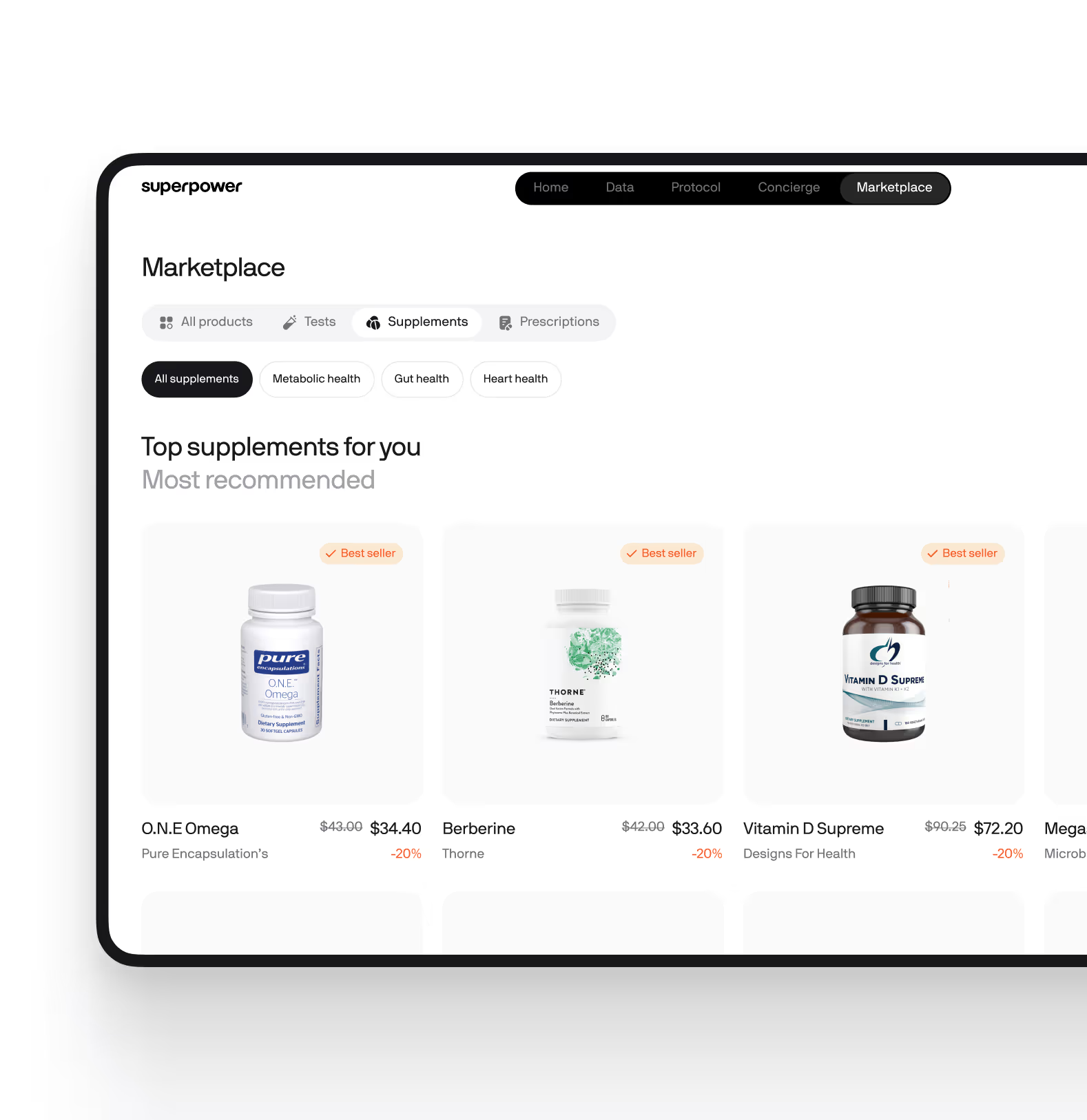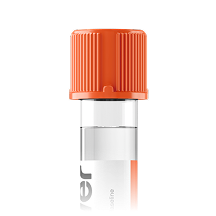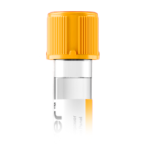Key Benefits
- See how active your rheumatoid arthritis inflammation is right now.
- Spot active flares quickly; CRP rises fast, ESR complements longer-term trends.
- Guide treatment intensity using standard RA activity scores that include ESR or CRP.
- Track medication response and catch smoldering inflammation before symptoms return or worsen.
- Clarify whether pain is inflammatory or from wear-and-tear or nerves.
- Flag higher complication risks; persistent high CRP/ESR links to erosions and heart disease.
- Explain inflammation–nutrition burden with albumin, CAR, and FAR; higher ratios mean stronger activity.
- helps assess interpreted with your symptoms, joint exam, RA antibodies, and imaging.
What are Rheumatoid Arthritis biomarkers?
Rheumatoid arthritis biomarkers are measurable signals in blood that reveal an immune attack on the joint lining and the intensity of whole‑body inflammation. The helps assess are antibodies produced by B cells that target altered joint proteins—anti‑CCP (anti–citrullinated protein antibodies, ACPA) and rheumatoid factor (RF). These autoantibodies point to a self‑directed immune response focused on the synovial lining (synovium), a process that can drive persistent inflammation and joint damage. In parallel, inflammation proteins rise when the liver responds to immune messengers; chief among these are C‑reactive protein (CRP) and the erythrocyte sedimentation rate (ESR), which reflect current inflammatory activity (acute‑phase reactants). Together, these markers translate invisible biology into practical clues: they help may support clinical assessment of that symptoms stem from an autoimmune alongside other diagnostic markers process, distinguish rheumatoid arthritis from other causes of joint pain, gauge the likelihood of a more aggressive course, and track how well treatment is calming the immune response. In short, RA biomarkers connect what the immune system is doing with what the joints are feeling.
Why is blood testing for Rheumatoid Arthritis important?
Rheumatoid arthritis blood biomarkers are windows into whole‑body inflammation. They reflect how strongly the immune system is signaling, how the liver and coagulation system respond, and how that inflammation may stress joints, blood vessels, metabolism, and energy levels.In quiet disease, the erythrocyte sedimentation rate (ESR) is generally below about 20–30, and C‑reactive protein (CRP) below about 3, with albumin in the mid‑to‑high normal range around 3.5–5.0. Ratios that combine injury signals with albumin—fibrinogen‑to‑albumin ratio (FAR) and CRP‑to‑albumin ratio (CAR)—sit near zero in health; exact cutoffs vary by lab and study. Optimal ESR, CRP, FAR, and CAR tend toward the low end; optimal albumin tends toward the middle or higher end of normal. Women, older adults, and pregnancy can show higher ESR at baseline, and higher body mass can nudge CRP upward.When ESR, CRP, FAR, and CAR are low, it usually means the inflammatory cascade is subdued: fewer swollen joints, shorter morning stiffness, clearer thinking, and better stamina. A low albumin is different—it often signals active inflammation or poor protein status, reflecting the liver’s shift away from albumin production or losses through kidney or gut. People may notice edema, frailty, or slower recovery. In pregnancy, ESR can rise even when disease is calm; in children and teens, reference ranges differ and inflammatory markers may fluctuate with growth and intercurrent infections.Big picture, these markers integrate joint inflammation with liver-synthesized proteins, clotting dynamics, and vascular risk. Persistently elevated ESR, CRP, FAR, or CAR track with faster joint damage, anemia of inflammation, and higher cardiovascular risk, while a healthy albumin level aligns with resilience and better long‑term outcomes.
What insights will I get?
Rheumatoid Arthritis (RA) blood testing provides a window into how your immune system is functioning and how inflammation may be affecting your whole body. Chronic inflammation in RA can impact not just joints, but also energy levels, metabolism, cardiovascular health, and even cognitive function. At Superpower, we test key biomarkers—ESR, CRP, Albumin, FAR, and CAR—to help you understand the underlying activity of RA and its effects on your overall system health.ESR (erythrocyte sedimentation rate) and CRP (C-reactive protein) are markers of inflammation. When the immune system is highly active, as in RA, these markers often rise, signaling ongoing inflammation. Albumin is a protein made by the liver that tends to decrease during inflammation or illness. FAR (fibrinogen-to-albumin ratio) and CAR (CRP-to-albumin ratio) combine these markers to give a more nuanced picture of inflammation and its impact on the body.When ESR and CRP are within normal ranges, it suggests that inflammation is under control, supporting stable joint and organ function. Higher levels may indicate active disease, which can disrupt tissue repair, energy production, and cardiovascular stability. Albumin, when maintained at healthy levels, reflects good nutritional and metabolic status. Elevated FAR and CAR ratios can signal more severe or persistent inflammation, which may affect long-term health and resilience.Interpretation of these biomarkers can be influenced by factors such as age, pregnancy, infections, other chronic illnesses, and certain medications. Laboratory methods and reference ranges may also vary, so results are helps assess understood in context.


.svg)








.avif)



.svg)





.svg)


.svg)


.svg)

.avif)
.svg)










.avif)
.avif)



.avif)







.png)